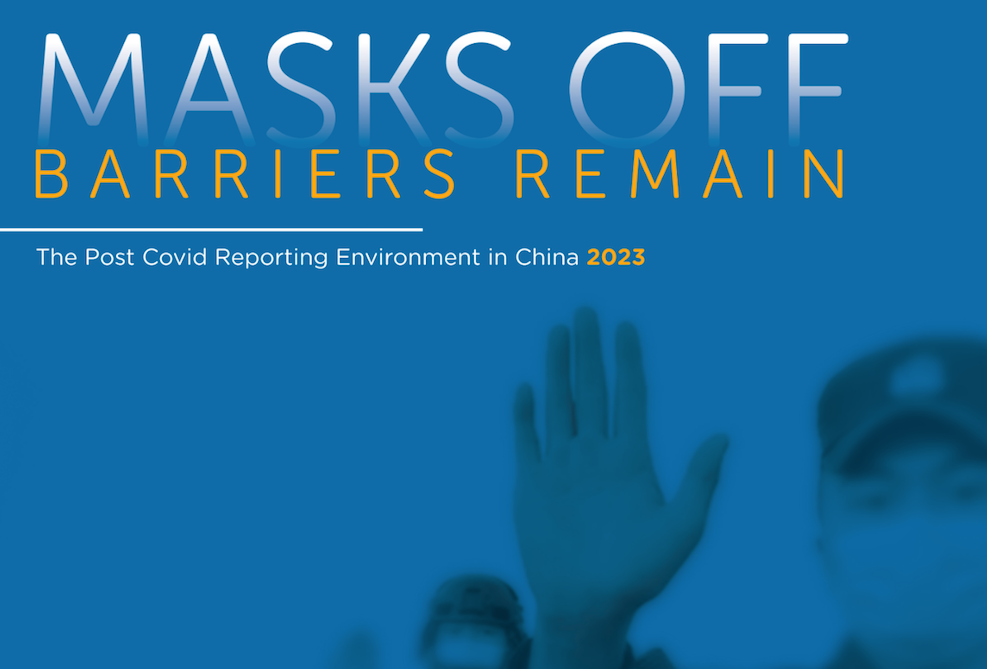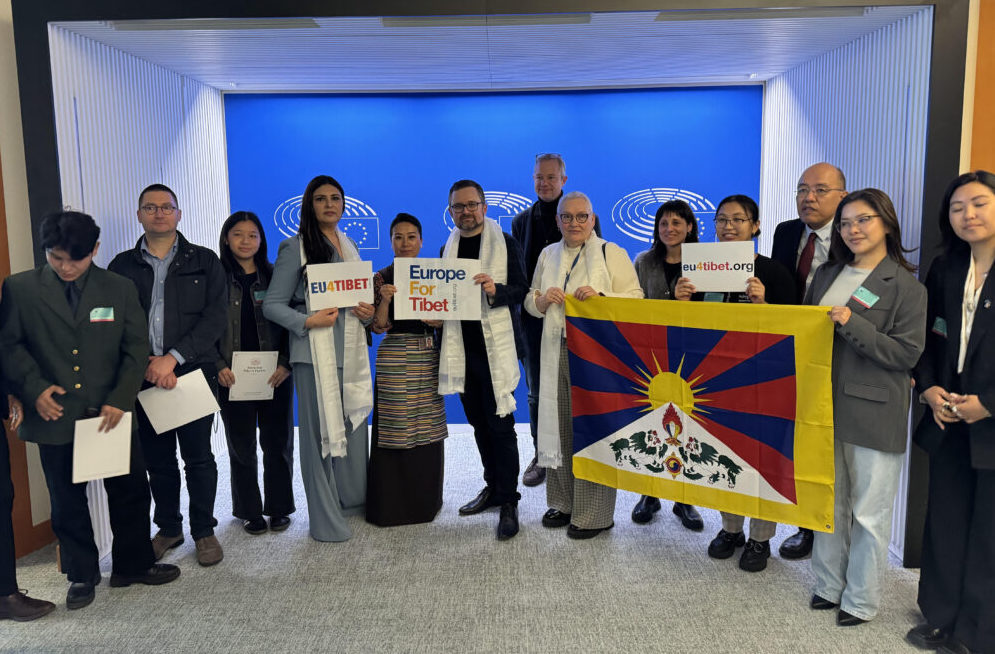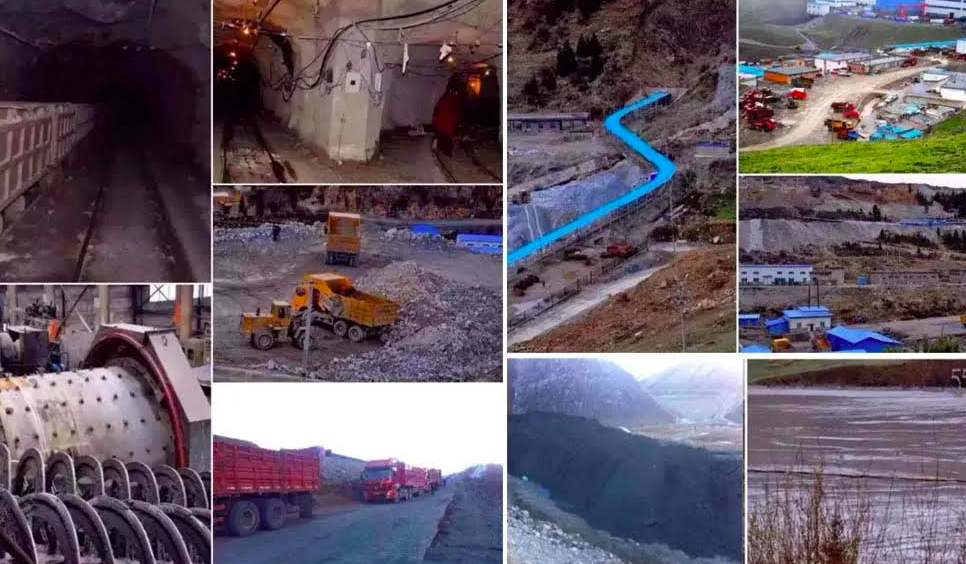By Choekyi Lhamo
DHARAMSHALA, Apr. 26: The Dharamshala-based Tibetan Centre for Human Rights and Democracy (TCHRD) recorded numerous details of Chinese policies that lead to arbitrary arrests of Tibetan community leaders, environmentalists, writers and common people in its annual 2020 report on the human rights situation in Tibet released on Monday.
The 37-page report concluded that the People’s Republic of China (PRC) should be held accountable for its continuous crackdown on Tibetans, as its actions not only goes against its own constitution but also disregards crucial positions it holds as a member of the UN and Human Rights Council.
The detailed report accused China of “crimes against humanity” as it continued to carry out extrajudicial killings, torture and arbitrary detention in a “wide ranging and systematic manner”. TCHRD said that the new law on ‘Ethnic Unity’ through the implementation of ‘stability maintenance policy’ negated the provisions of the National Regional Autonomy Law which promises autonomous powers to Tibetans. The report also said that the PRC’s attempt to ‘Sinicize Tibetan Buddhism’ was also one of the major objectives in the 7th Tibet Work Forum held in Aug 2020 and the 14th Five Year plan (2021-2025).
The Chinese President Xi Jinping’s ascension to power in 2012 has amplified “attacks and oppression against the civil rights lawyers, human rights activists and dissidents all over the PRC”, the report further remarked. The year 2020 also witnessed heightened surveillance through the ban on using VPNs (virtual private networks) and increase in arrests for joining online discussion groups accused of ‘splitting the country’ and ‘undermining national unity’. It revealed that the Middle Way Approach (MWA) was among the many discussion topics criminalized by those directives.
China has spent over 1.39 trillion yuan for its ‘stability maintenance policy’, which is 16.8% higher than the Chinese military expenditure. “In reality, this figure is just a fraction of the actual budget considering that ‘stability maintenance’ is now embedded in both state-owned and large private enterprises and firms,” claimed the report. It also maintained that the Chinese model of ‘bilingual education policy’ threatened the Tibetan language as it prioritized Mandarin Chinese in primary classes, which is ultimately geared towards Chinese assimilationist agenda.
The rights group also said that there is a massive under-representation of Tibetans in all party positions, citing that out of 17 prefectural-level and two-county level administrations, there are only 4 Tibetan secretaries. The report stated that the goal of “ethnic unity and progress” is to promote single Chinese national identity through the ethnic and religious arm of the party’s United Front Work Department (UFWD), which primarily focuses on “social control, ethnic and religious governance and study-abroad policy”.
TCHRD concluded the report by underlining that the major grievances that sparked from the 2008 protests have not been addressed by the Beijing administration. “The PRC has ratified a number of international human rights instruments and is a member of the UN and the Human Rights Council. At the same time, the PRC’s laws, policies and practices on a range of issues directly related to human rights are evidenced to be in breach of International Law and other human rights instruments. This contradictory position must be addressed and the PRC must be held to account,” it further stated.










